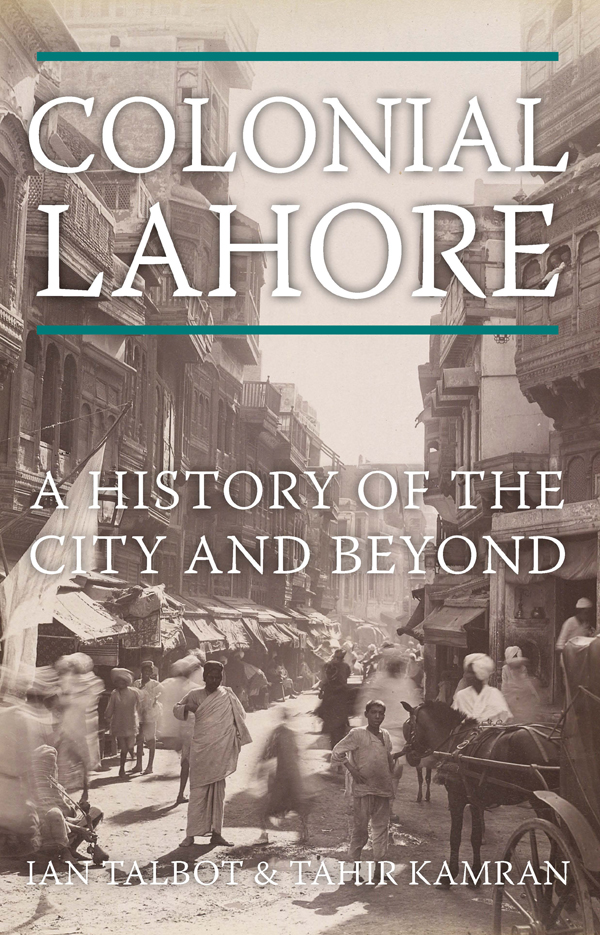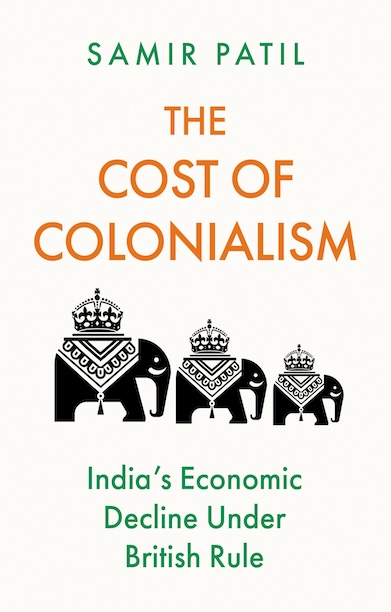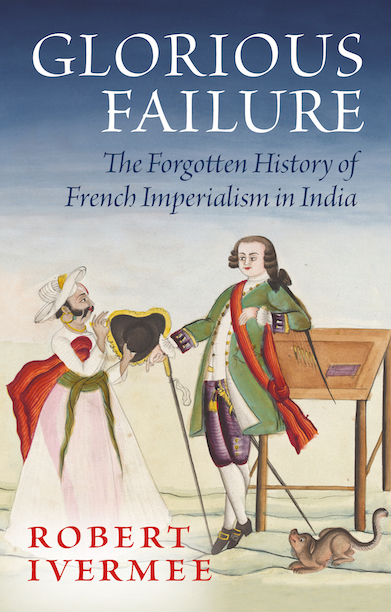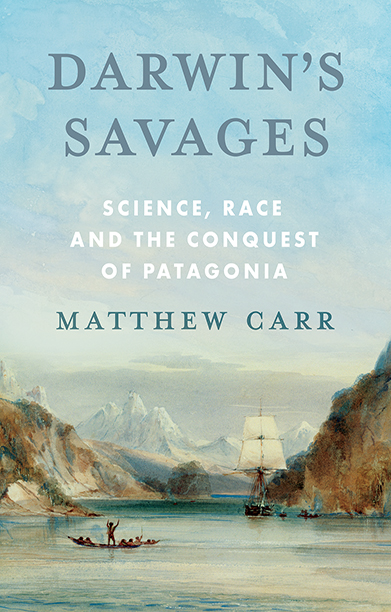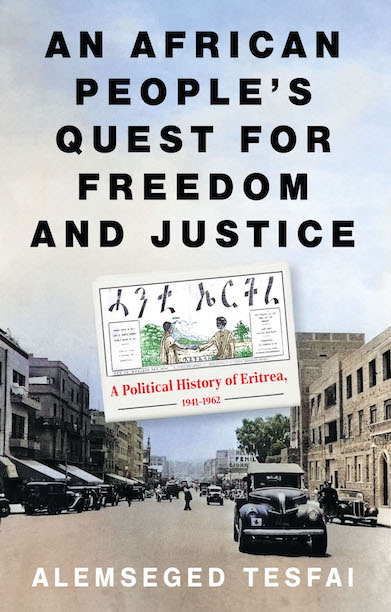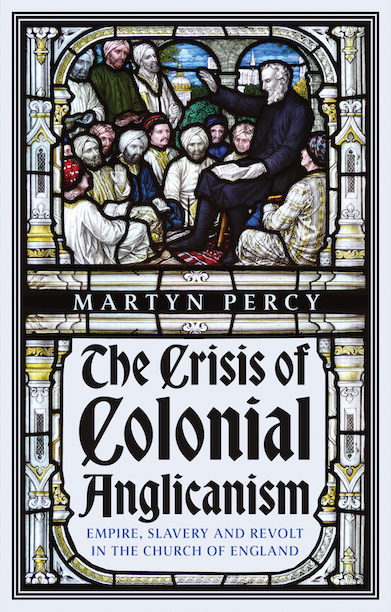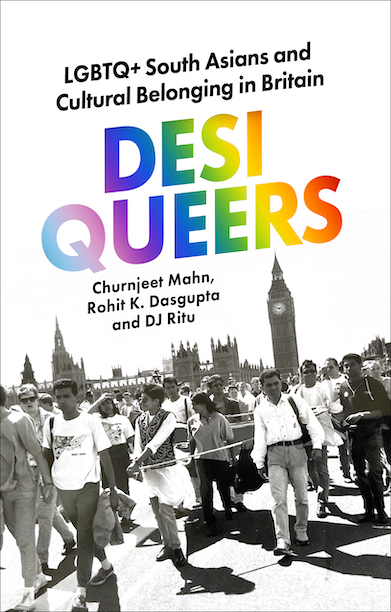Colonial Lahore
A History of the City and Beyond
A first general history of one of the greatest cities of South Asia, examining the impact of colonialism: socially, architecturally and politically
Description
A number of studies of colonial Lahore in recent years have explored such themes as the city’s modernity, its cosmopolitanism and the rise of communalism which culminated in the bloodletting of 1947. This first synoptic history moves away from the prism of the Great Divide of 1947 to examine the cultural and social connections which linked colonial Lahore with North India and beyond. In contrast to portrayals of Lahore as inward looking and a world unto itself, the authors argue that imperial globalisation intensified long established exchanges of goods, people and ideas.
Ian Talbot and Tahir Kamran’s book is reflective of concerns arising from the global history of Empire and the new urban history of South Asia. These are addressed thematically rather than through a conventional chronological narrative, as the book uncovers previously neglected areas of Lahore’s history, including the links between Lahore’s and Bombay’s early film industries and the impact on the ‘tourist gaze’ of the consumption of both text and visual representation of India in newsreels and photographs.
Reviews
‘Talbot . . . has become the preeminent scholar of the history of Punjab both before and after independence in 1947… [an] informative . . . superb contribution’. — Choice
‘This is a must read book by two leading specialists on Punjab history, providing a wonderfully rich introduction into the character and cosmopolitanism of Lahore under the raj. The volume is clearly written, well researched, and joy to read. It should be of great interest to the specialist and generalist alike.’ — Gurharpal Singh, Professor in Inter-Religious Relations and Development, SOAS, University of London
‘Colonial Lahore breathes new life into this city’s recent history, bringing the local into direct and often intimate conversation with the global, and vice versa. It transforms our appreciation of Lahore’s unique past, in effect sealing the city’s credentials as one of South Asia’s most important, if often overlooked, zones of interaction in the era of imperial globalisation.’ — Sarah Ansari, Professor of History, Royal Holloway, University of London
‘A very rich account of colonial Lahore, essential for understanding the place of the city in South Asia’s past. It shows the great diversity and complexity of the city Lahore, and importantly, how it stood at the very heart of imperial connections and networks across the empire’. — Yasmin Khan, University Lecturer (Associate Professor) in British History, author of The Great Partition: the Making of India and Pakistan
‘Talbot and Kamran have made one of the first scholarly attempts to explore the social, cultural, and, to some extent, the economic, life of Lahore — one of the world’s great cities, known to some as the ‘Paris of the East’. Focussing on the colonial period, they make good use of evidence ranging from tourist guidebooks to newspaper advertisements. They also succeed in placing the city at the centre of a web of connections reaching out to the great cities of India – Calcutta, Delhi, Bombay and Karachi, but also to Afghanistan, Arabia, Europe and North America. The love which Talbot and Kamran have for Lahore is evident throughout.’ — Francis Robinson, Professor of the History of South Asia, Royal Holloway, University of London
Author(s)
Ian Talbot is Professor of modern British history and formerly head of history at the University of Southampton. He has written numerous books on the Partition of India, and the modern history of Pakistan.
Tahir Kamran teaches history at G. C. University, Lahore and was until recently Allama Iqbal Fellow at the University of Cambridge and Fellow of Wolfson College. He has published widely on sectarian militancy and the politics of religious exclusion in Pakistan and is an editor of the Pakistan Journal of Historical Studies.
